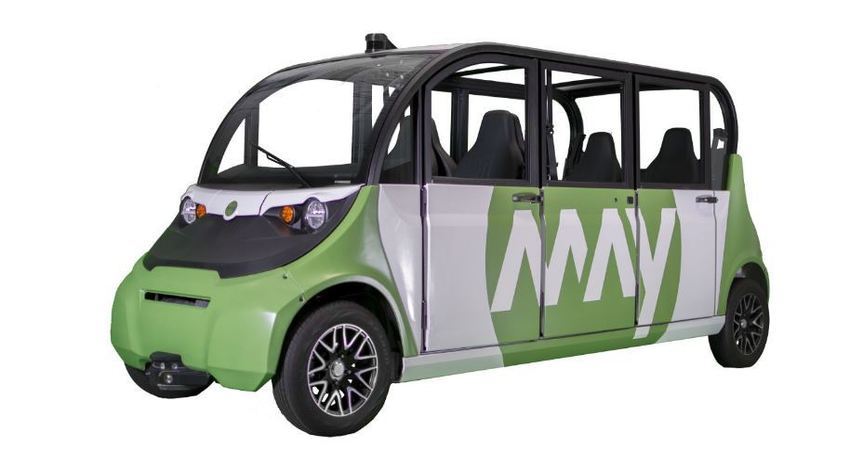Ford & Toyota—First Automakers To Suspend Production In Vietnam Due To Covid19
In response to the growing impact of the coronavirus pandemic (Covid19), Ford Motor Company has announced that the company will be temporarily suspending vehicle and engine production at its International Markets Group (IMG) manufacturing sites which includes Vietnam.
READ: Coronavirus Hits Automotive And Aerospace Supply Chains
In January 2020, Ford announced an expansion plan for its plant in Vietnam to increase annual production capacity from the current 14,000 to 40,000 vehicles, with an investment of US$82 million.
However, Ford Vietnam’s Hai Duong assembly plant has now been scheduled to stop operations by March 26—the first to do so in the country. This will continue for several weeks depending on the pandemic situation, national restrictions, supplier constraints and dealer stock requirements.
READ: Coronavirus Outbreak Reveals the Weakest Links In The Supply Chain
Similarly, Toyota Motor Vietnam (TMV) has also temporarily halted vehicle production starting March 30—the second in Vietnam. According to TMV, the outbreak has impacted all aspects, from economy to society, including the automobile industry and resumption of production will be dependant on the outbreak situation, market demand, supply chain situation, the dealers’ stock and Government’s restriction regulation.
“We are taking necessary actions to protect their safety and health as well as minimising any impact on our company’s operation. While closely monitoring the situation, we will consider and make decisions guided by the direction from the Government,” said a representative from TMV.
READ: COVID-19 Forces Companies To Evaluate How They Operate And Embrace Technological Investment
According to Vietnam Automobile Manufacturers Association (VAMA), sales of members decreased 26 percent to 31,908 in end of February due to the impact of Covid19. In particular, sales of passenger and commercial vehicles dipped 30 and 12 percent respectively due to changing consumer behaviour in light of the pandemic.
For other exclusive articles, visit www.equipment-news.com.
WANT MORE INSIDER NEWS? SUBSCRIBE TO OUR DIGITAL MAGAZINE NOW!
FOLLOW US ON: LinkedIn, Facebook, Twitter










